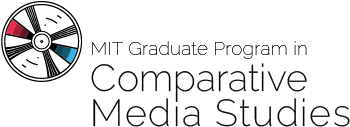The state-sponsored news network RT (formerly Russia Today) was launched in 2005 as a platform for improving Russia’s global image. Fourteen years later, RT has become a self-described tool for information warfare and is under increasing scrutiny from the United States government for allegedly fomenting unrest and undermining democracy. It has also grown far beyond its television roots, achieving a broad diffusion across a variety of digital platforms. This thesis seeks to unravel and assess RT’s historical roots, its creation and evolution, its methods, and ultimately its impact on American politics and society. Drawing on a broad analysis of RT’s television, web, and social media content, I argue that RT strategically reconfigures traditional concepts of soft power, propaganda, and disinformation to spread disruption and doubt throughout the media landscape in a hybrid model that can be termed “Disinformation 2.0.” I go on to ask if established frameworks for measuring media engagement are able to accurately capture RT’s impact, given both the network’s multi-platform structure and its subversion of conventional communication models.
About Matt Graydon
Matt Graydon graduated from the University of California, Berkeley with a degree in Film.
He joined CMS after working as a media and communications specialist with the United Nations in Iraq, South Sudan and Afghanistan, where he focused on migration and refugee issues in humanitarian and development contexts.
He is interested in how practices like migration are shaped by technology, the role of the media in conflict, and the use of state-sponsored media as a foreign policy tool.
Thesis: Manufacturing Dissent: Assessing the Methods and Impact of RT (Russia Today)



